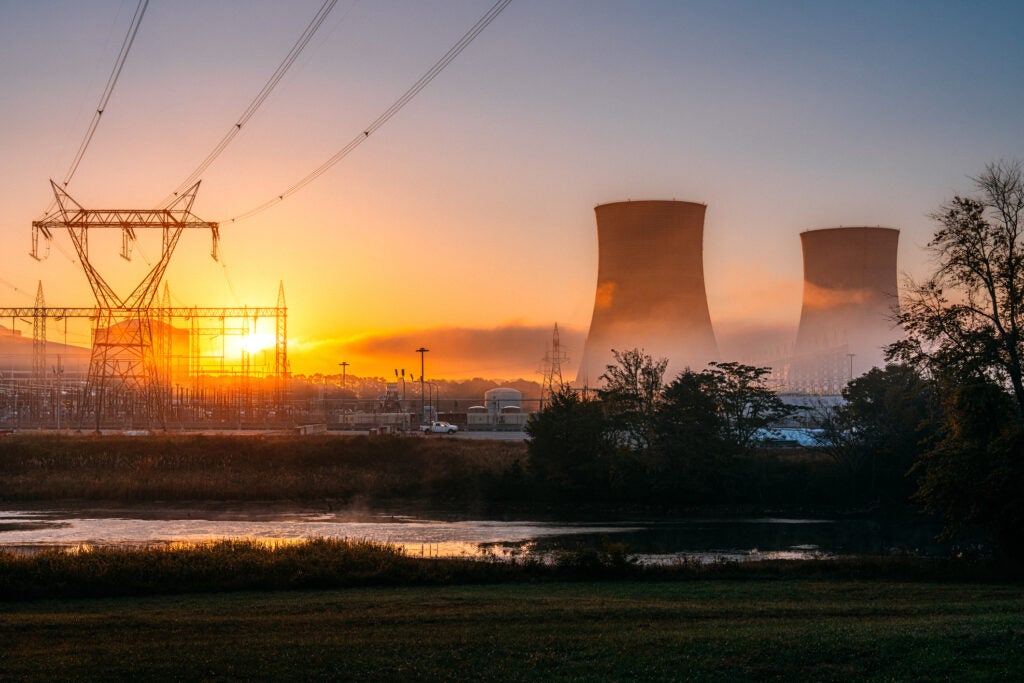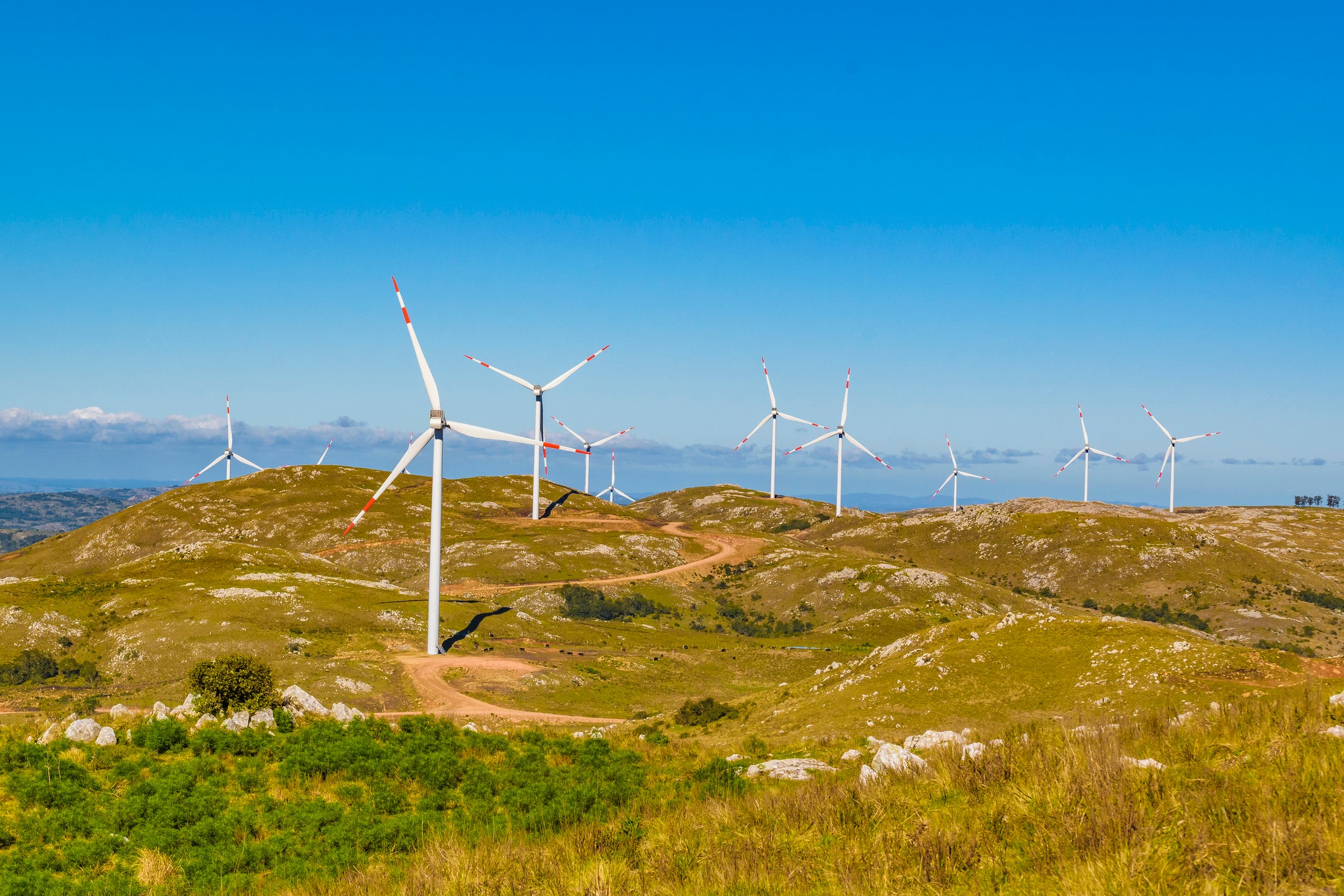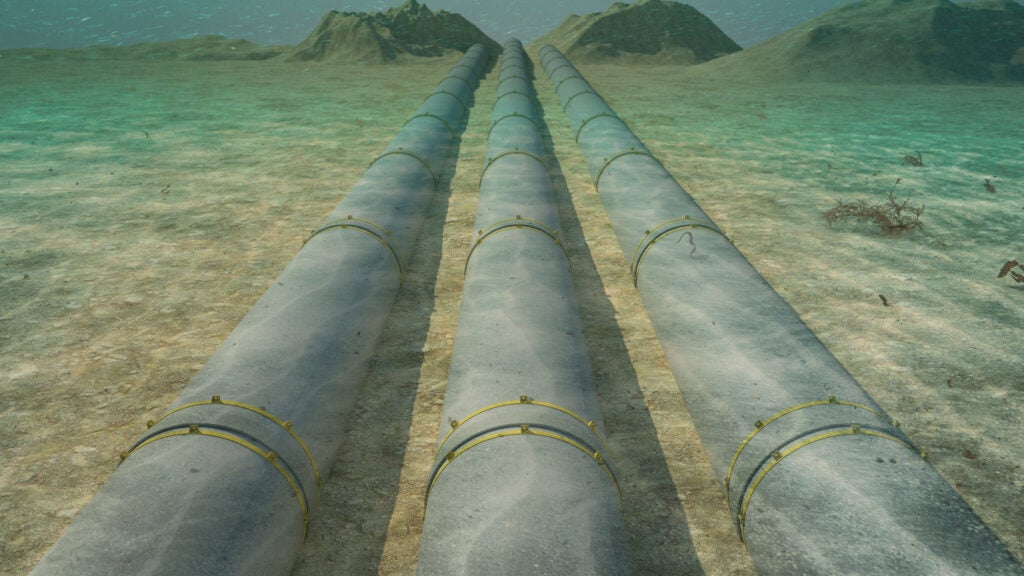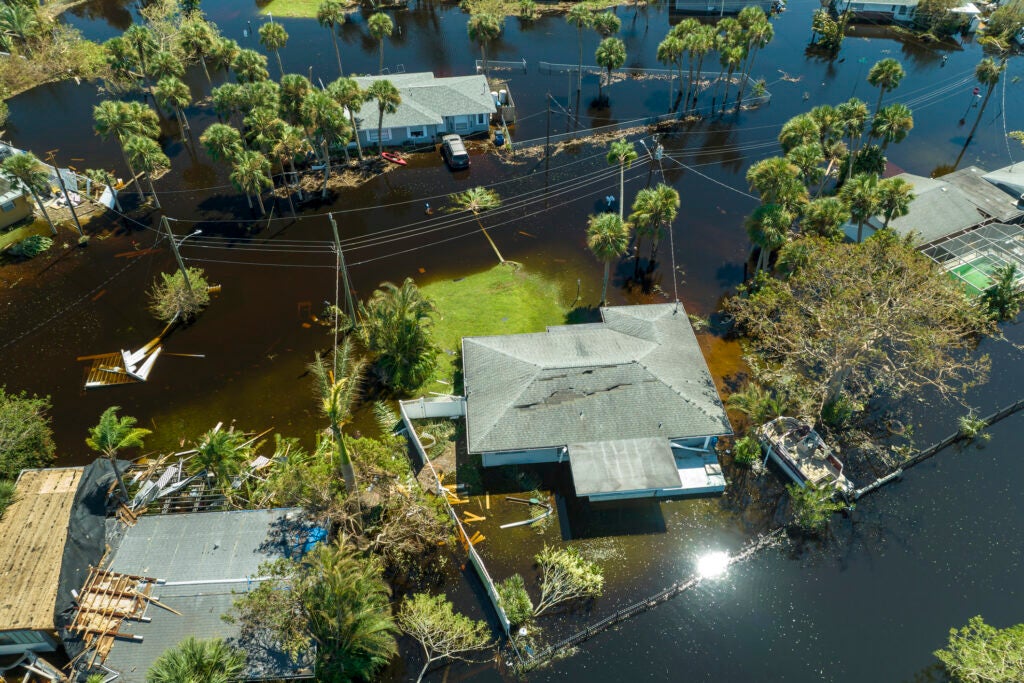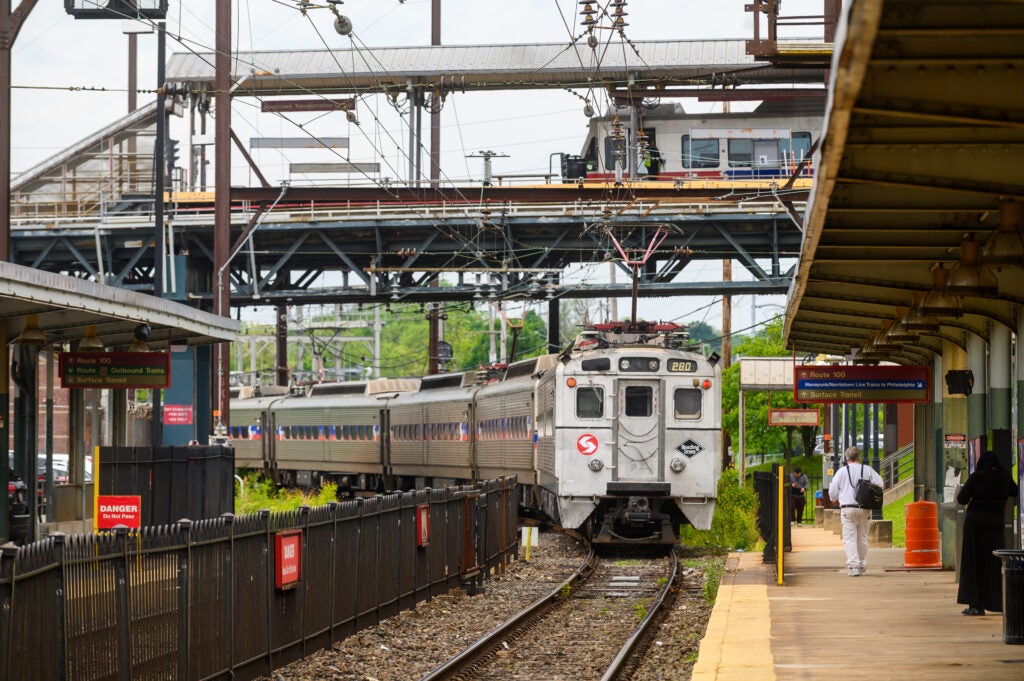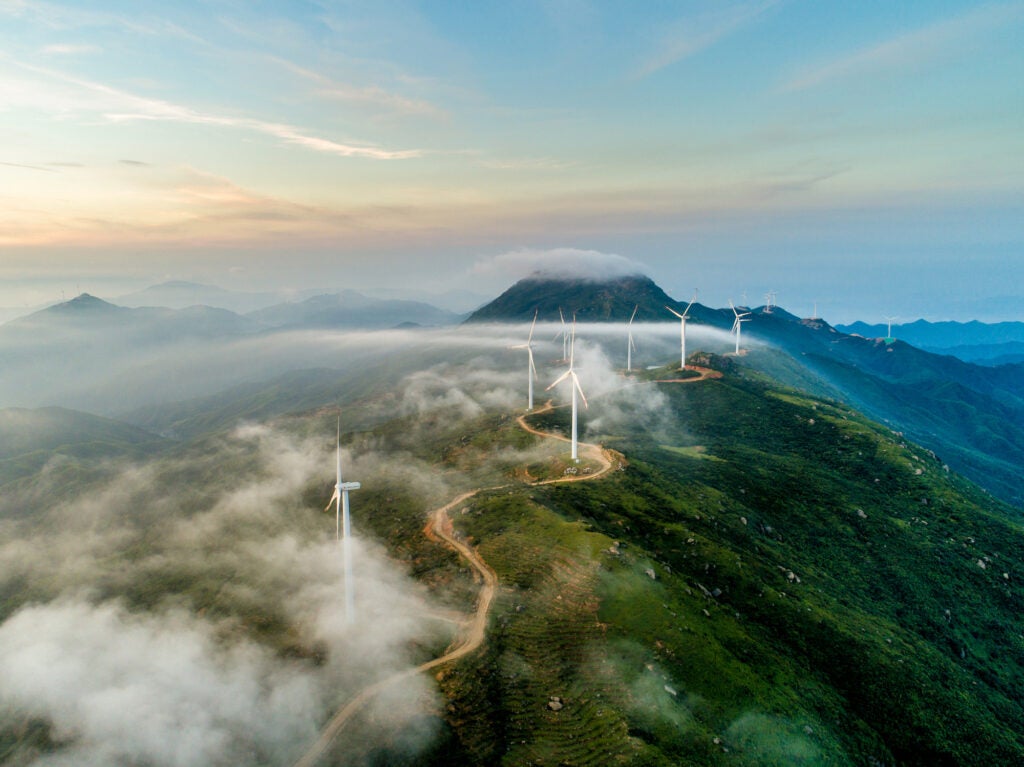
2025 Student Blog Series: Undergraduate Seminar Fellows
Explore insights on a variety of topics from our Undergraduate Seminar Fellows.
As a part of the Undergraduate Climate and Energy Policy Seminar, each student fellow writes a thoughtful insight piece on an energy or climate issue of their choice. This year’s insights tackled everything from local public transit funding to clean energy in South America.
An Atomic Solution to AI’s Energy Needs
Matthew Barotz
A surge in artificial intelligence technology has spurred tech companies to find alternative energy sources, with many turning towards nuclear power to meet their demand. But this highly reactive energy source can bring more headaches than benefits.
The Disconnection Spiral: How the Trump Administration’s Attack on LIHEAP Risks a Larger Crisis
Elea Castiglione
Ending utility bill assistance programs like LIHEAP could trigger a deadly “disconnection spiral” — where rising energy bills lead to more disconnections, which in turn drive rates even higher for everyone.
Learning From Uruguay’s Energy Transition
Jack Leitzell
A small nation in South America may have cracked the code for decarbonizing electricity generation. Take a look at what they did and how the rest of the world can learn from it.
The Role of Satellites in Protecting Europe’s Critical Energy Infrastructure
Amelia Pilot
Europe’s energy infrastructure faces growing threats from physical sabotage to cyber interference. Incidents such as the Nord Stream explosion and damage to the Estlink 2 undersea power cable have exposed these vulnerabilities, highlighting the increasing importance of security services. Norway is leading the way in leveraging these satellite-based technologies to enhance the monitoring of offshore energy infrastructure.
Baltic States Grid Synchronization: Addressing Energy Threats in the Baltic Region
Amelia Pilot
Energy has long been used as a geopolitical tool across Europe. In a strategic move to reduce reliance on Russian electricity, the Baltic States recently completed synchronization with the European grid. This shift will increase regional security, reduce the risk of supply disruptions, and minimize geopolitical leverage.
Your House Is Underwater and You Don’t Even Know It
Solemei Scamaroni
As disasters grow more frequent, the American dream of homeownership is at risk. Climate change is gutting home values, driving up insurance costs, and leaving millions unprepared
Public Transit Needs Public Support: Why SEPTA Matters
Sara Takenaka
Public transportation may not be the most attention-grabbing topic in discussions about sustainability and climate action, but it plays a crucial role in reducing emissions, improving mobility, and supporting economic growth. As SEPTA works to modernize its services and recover ridership, sustained policy support and investment are essential.
Tritium: A Few Kilograms Can Make or Break Nuclear Fusion
Tobey Theiding
As the nuclear fusion industry ramps up its technological, financial, and public momentum, private companies aren’t far from igniting the first constellation of reactors. The deciding factor no longer rests in the physical possibility of fusion, but in the prospect of fueling it. Companies must ensure stable, secure, and predictable fuel streams long before commercialization if they hope to make fusion a reality—else they run the risk of having billion-dollar facilities that can’t turn on.
Can China’s ETS Push the World Toward a Green Future?
Rachel Zhang
China’s carbon market is the largest in the world, but can it effectively support the country’s renewable energy ambitions and contribute to global climate goals?
